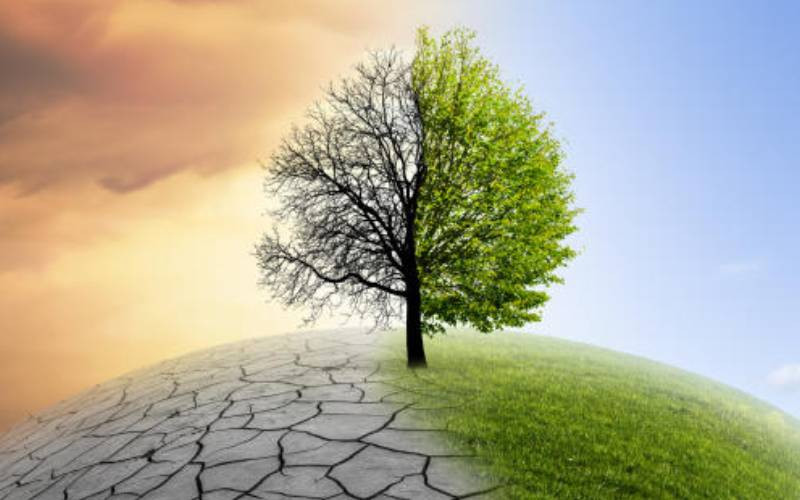×
The Standard e-Paper
Fearless, Trusted News

Climate justice and biodiversity conservation are intertwined issues that demand urgent attention and concerted action.
As the world grapples with the escalating threats of climate change and the rapid loss of biodiversity, the call for justice and sustainability has never been more crucial.